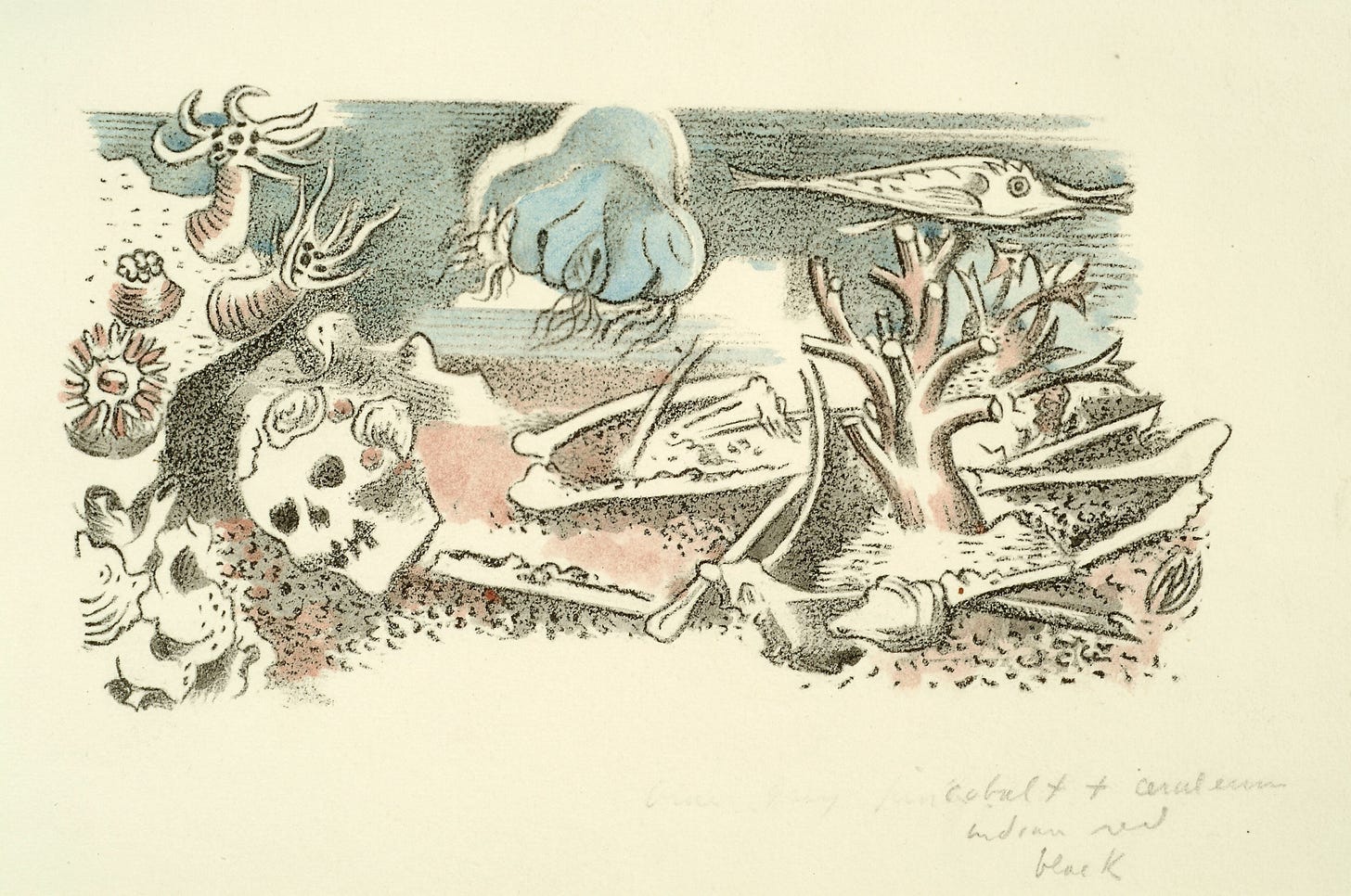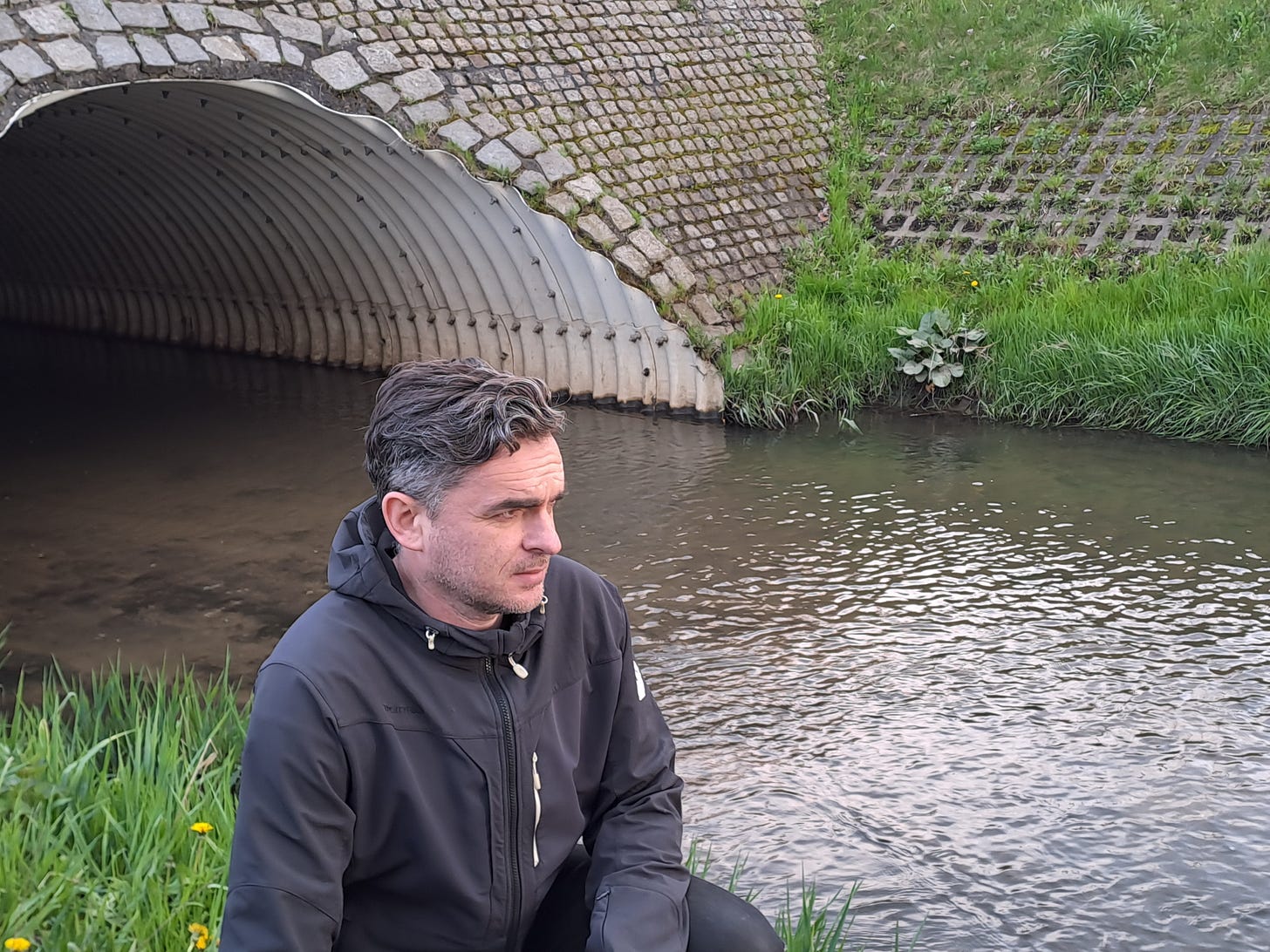Translation: "First Humans" and Three Other Poems by Maciej Robert
Translated from the Polish by Piotr Florczyk
A typical biographical note attached to Maciej Robert’s work tells us that he is an award-winning Polish poet, essayist, critic, and editor—or, in other words, that he, like many other literature folks in Europe, can and does wear different hats. This used to be the case in the United States, too, but the label poet-critic alone seems to apply to fewer and fewer American poets these days, arguably to the detriment of the literary conversation.
In Maciej Robert’s case, his different activities and, in turn, identities complement and reinforce one another. Indeed, his work is first and foremost peregrine, concerned with excavating the world near and far. Reading his poems, including the four pieces presented here, we encounter his re-workings of fables and histories, things we thought we knew, things that, in Maciej Robert’s take on them, acquire brand new significance. There are no limits to his interests. Likewise, his perspective is broad in every sense of the word. What’s equally impressive is how he manages to combine the macro and the micro in his writings; against the background of mythmaking, the smallest of details take on grand proportions.
Another characteristic of his work that I admire is how, like any good writing of the road, it manages to be both reflective and adventurous. He writes about what he doesn’t know, or pretends he doesn’t know, which is a bit of the same thing, isn’t it? Finding new meanings and ways to explore the same old truths—about the human condition, politics, the environment, etc.—isn’t that something we all engage in? Only the foolhardiest of us believe we’re discovering proverbial new lands, be it formally or thematically, yet we go on. The jury’s still out whether we are doing so to defy or ignore the truth of it all. Meanwhile, we have Maciej Robert and his work, another one of those gifts that keeps on giving.
—Piotr Florczyk, Los Angeles
First Humans
The first humans entered the caves and heard the crack of bones breaking under their hard feet.
Odyssey
I In the blind corridors of the Great Tunnel cave they found tools left there by humans a quarter of a million years ago. II The majestic columns of extremely cold hydrogen that the Hubble telescope had peeled from the Eagle Nebula were hailed as pillars of creation. They were said to contain Christ’s face, although others saw Burt Reynolds, a tree, a spotted cow, a dog, and the Statue of Liberty, even, faintly visible from the Lower Bay.
The End of Language
I’m not entirely sure what brought me here. Language? The tip of my tongue, perhaps? The sour musk of a terrified animal under the overpass. A pile of bones, a scrap of skin with a tuft of fur. This man was here first. I dust myself off, stand up, ask about the way, even though I know it well.
Mold
This house is haunted. Something rustles in the attic, you can’t find the things left on the table yesterday, the lights come on by themselves and then go out inside us. This war, declared in good faith against each other, is doomed to failure. We raise the white flag, then watch it turn gray.






